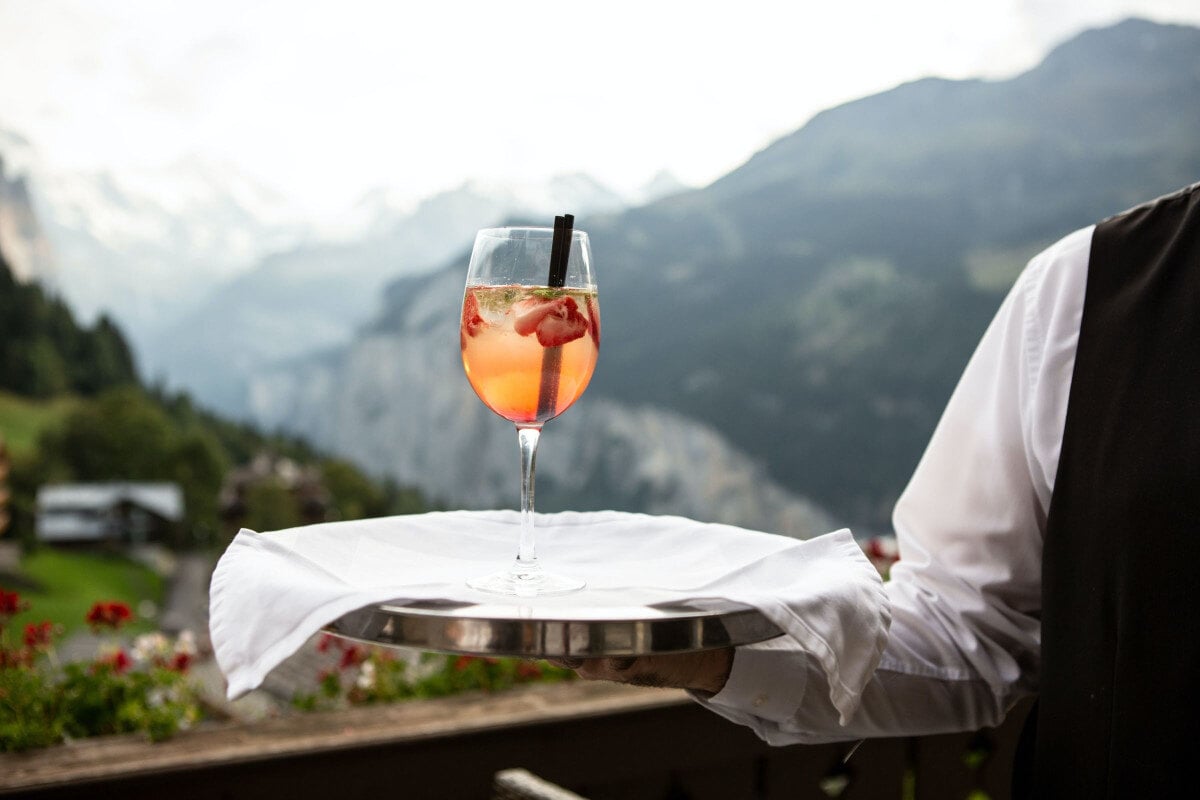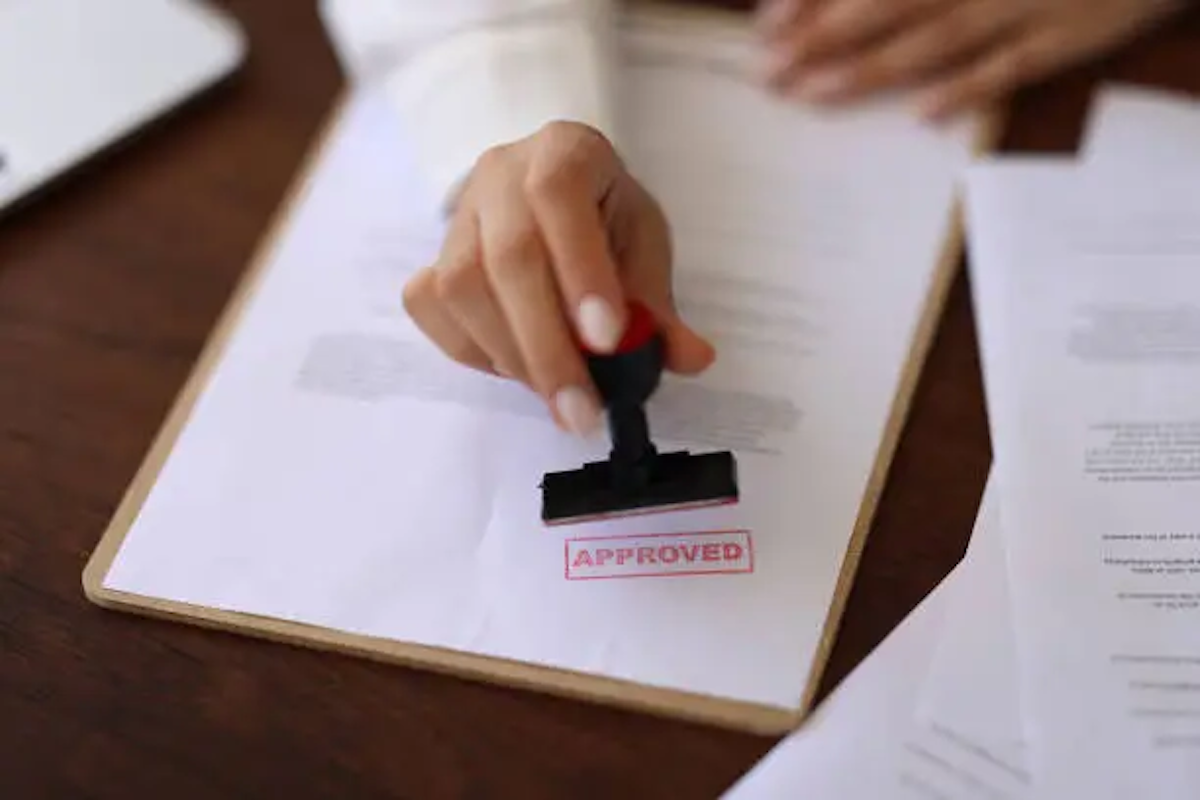19 min read
How to Get Your Catering Business License and Permits Fast
Getting your catering business license might sound like another checkbox in the business launch process, but it’s the very foundation of your...
Platform
What is Paytronix Guest Engagement Suite?
Combining online ordering, loyalty, omnichannel messaging, AI insights, and payments in one suite. Paytronix delivers relevant, personal experiences, at scale, that help improve your entire digital marketing funnel by creating amazing frictionless experiences.
A Complete Guest Engagement Suite
Online Ordering
Acquire new customers and capture valuable data with industry leading customization features.
Loyalty
Encourage more visits and higher spend with personalized promotions based on individual activity and preferences.
Catering
Grow your revenue, streamline operations, and expand your audience with a suite of catering tools.
CRM
Build great customer relationships with relevant personal omnichannel campaigns delivered at scale.
Artificial Intelligence
Leverage the most data from the most customer transactions to power 1:1 marketing campaigns and drive revenue.
Payments
Drive brand engagement by providing fast, frictionless guest payments.
Solutions
Paytronix Guest Engagement Solutions
We use data, customer experience expertise, and technology to solve everyday restaurant and convenience store challenges.
FlightPaths are structured Paytronix software onboarding journeys designed to simplify implementation and deliver maximum ROI.
Customer Success Plans (CSPs) are tiered service offerings designed to help you get the most from your Paytronix software, whether you prefer self-guided support or hands-on partnership.
Contactless Experiences
Accommodate your guests' changing preferences by providing safe, efficient service whether dining-in or taking out.
Customer Insights
Collect guest data and analyze behaviors to develop powerful targeted campaigns that produce amazing results.
Marketing Automation
Create and test campaigns across channels and segments to drive loyalty, incremental visits, and additional revenue.
Mobile Experiences
Provide convenient access to your brand, menus and loyalty program to drive retention with a branded or custom app.
Subscriptions
Create a frictionless, fun way to reward your most loyal customers for frequent visits and purchases while normalizing revenues.
Employee Dining
Attract and retain your employees with dollar value or percentage-based incentives and tiered benefits.
Order Experience Builder
Create powerful interactive, and appealing online menus that attract and acquire new customers simply and easily.
Loyalty Programs
High-impact customizable programs that increase spend, visit, and engagement with your brand.
Online Ordering
Maximize first-party digital sales with an exceptional guest experience.
Integrations
Launch your programs with more than 450 existing integrations.
Loyalty Programs
Deliver the same care you do in person with all your digital engagements.
Online Ordering
Drive more first-party orders and make it easy for your crew.
Loyalty Programs
Digital transformations start here - get to know your guests.
Online Ordering
Add a whole new sales channel to grow your business - digital ordering is in your future.
Integrations
We work with your environment - check it out
Tobacco Reporting
Comply with AGDC 2026 DTP Requirements
Company
We are here to help clients build their businesses by delivering amazing experiences for their guests.
Meet The Team
Our exceptional customer engagement innovations are delivered by a team of extraordinary people.
News/Press
A collection of press and media about our innovations, customers, and people.
Events
A schedule of upcoming tradeshows, conferences, and events that we will participate in.
Careers
Support
Paytronix Login
Order & Delivery Login
Resources
Paytronix Resources
Learn how to create great customer experiences with our free eBooks, webinars, articles, case studies, and customer interviews.
FlexPoint Service Catalog
Access FlexPoints are a cost-effective, flexible way to access our value-added services, to ensure you get greater impact from your Access software solution.
See Our Product In Action
E-Books
Learn more about topics important to the restaurant and c-store customer experience.
Reports
See how your brand stacks up against industry benchmarks, analysis, and research.
Blog
Catch up with our team of in-house experts for quick articles to help your business.
Case Studies
Learn how brands have used the Paytronix platform to increase revenue and engage with guests.
Unlock loyalty strategies that 3 out of 4 restaurants use to boost engagement by 40% without adding staff.
5 min read
Oct 10, 2024

Serving alcoholic beverages in your catering business is a fantastic way to expand your service line, attract new and different clients, and therefore grow your financial bottom line. But before you start serving cocktails, wine, beer, or any other type of alcoholic beverage, you must understand the legal landscape of getting a catering liquor license.
Each state has its own rules and regulations, making this process complex, critical to get right, and necessary for your entire team's peace of mind. In this article, we’ve provided a step-by-step process to get your license for major states like California, Texas, New York, and Illinois and begin serving alcoholic beverages to your clients and their guests.
First things first: Do you know what a catering liquor license is?
A liquor license allows a catering business to legally sell alcoholic beverages at private catered events and off-site locations. It’s different from a standard liquor license, which is tied to a specific brick-and-mortar location like a restaurant or bar. A liquor license is essential for catering services that want to offer alcoholic beverages.
The main reason for getting a liquor license is to ensure your business adheres to local, state, and federal legal requirements. Without one, you could be fined, get in greater legal trouble, and damage your reputation.
For many catering businesses, getting a catering license opens doors to larger, higher-paying catered events such as weddings, corporate functions, bar and bat mitzvahs, and retirement parties, where liquor service is expected.
While the concept of a catering liquor license is simple, the rules vary from state to state. Some states have relaxed requirements, while others are much stricter, requiring background checks, high fees, and lengthy approval processes.
Most states require the following documents:
Here are some examples of state regulations:
Take plenty of time to research and understand your state’s laws to avoid future delays and legal headaches. Catering liquor licenses will restrict the type of liquor that can be served and where it can be consumed.
The liquor license application process might seem daunting, but by breaking it down into manageable steps, you can simplify it and avoid costly mistakes as well as unnecessary delays.
You must gather the following required documents before applying for your catering liquor license:
Submit your application and documents to the respective state agency. Here are the individual steps to consider:
Once you’ve applied, you’ll need to pay the fees and manage the approval timeline:
Once you have your license, regularly monitor any updates to alcohol laws, as they can change and later affect your business. Make sure all staff serving alcohol are trained and liquor liability insurance is up to date.
Additionally, ensure that alcohol is only served to guests of legal drinking age and follow state guidelines. Consider best practices like limiting the amount of alcohol served to each guest and working with a licensed bartender who knows local liquor laws.
Technology can help with the application and ongoing compliance process. Tools like our online ordering solution help you track alcohol sales, ensure compliance with local laws, and record all transactions correctly. By integrating these tools and using them to develop efficient systems in your business, you can reduce manual errors and stay ahead of potential legal issues.
Many catering businesses face challenges during the liquor license application process, including delays due to background checks, incomplete paperwork, and misunderstandings of state or local laws. These can generate costly delays, especially when laws differ between states, cities, and counties.
To avoid these headaches, work with a legal consultant or licensing expert who knows your state’s requirements inside and out. Also, use project management tools like ClickUp, Asana, and Trello to track individual actions and deadlines to keep your application on track.
Once you have your liquor license, your business enjoys new opportunities for growth. Alcohol service is a profitable part of catering and offering it can set you apart from the competition, among other factors.
To maximize this opportunity, think about marketing your new alcoholic beverage service offerings. Highlight your ability to serve alcohol in your marketing materials and website and consider offering packages that include premium liquor service as an upsell. Tools like our order experience builder let you create customized, professional menus that match your brand, helping you stand out the moment potential customers interact with your business’s digital presence.
Getting a catering liquor license may seem daunting, but it's manageable by preparing well in advance and paying attention to details.
Take time to understand your state’s requirements as soon as possible, follow the application steps to a T, and use technology to support ongoing compliance. That way, you’ll avoid costly legal issues, grow your business, and land clients who love your work and refer you to their contacts.
Want to learn more about how Paytronix can help your catering business grow? Download our free eBook on how to maximize your online ordering, or book a demo with one of our experts to see how our tools can simplify your catering business’s operations and compliance.

19 min read
Getting your catering business license might sound like another checkbox in the business launch process, but it’s the very foundation of your...

12 min read
Caterers elevate any type of event by providing delicious food and excellent service. As a professional in your field, you know the ins and outs of...

20 min read
Launching a restaurant is exciting! It's also extremely overwhelming.